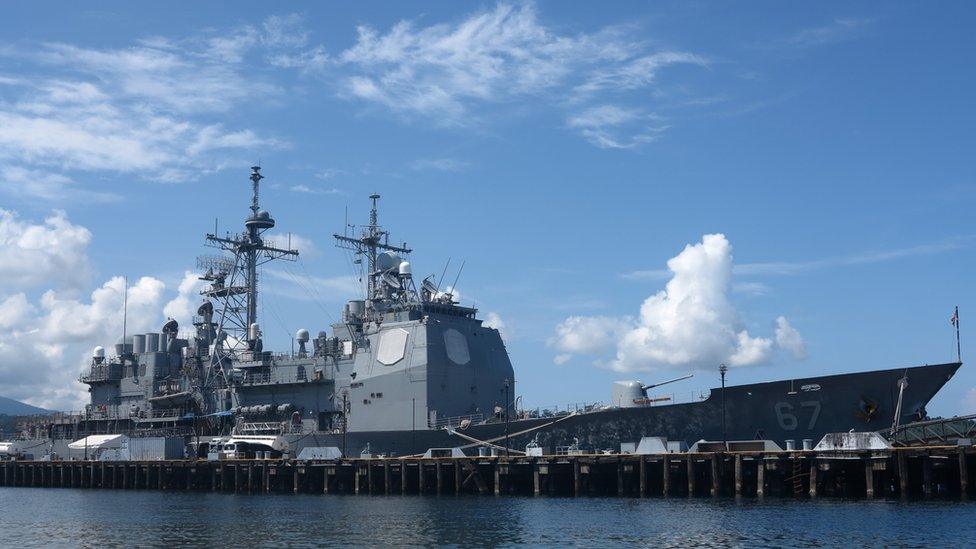G7 Japan: World leaders visit Shinto religion's holiest shrine
- Published
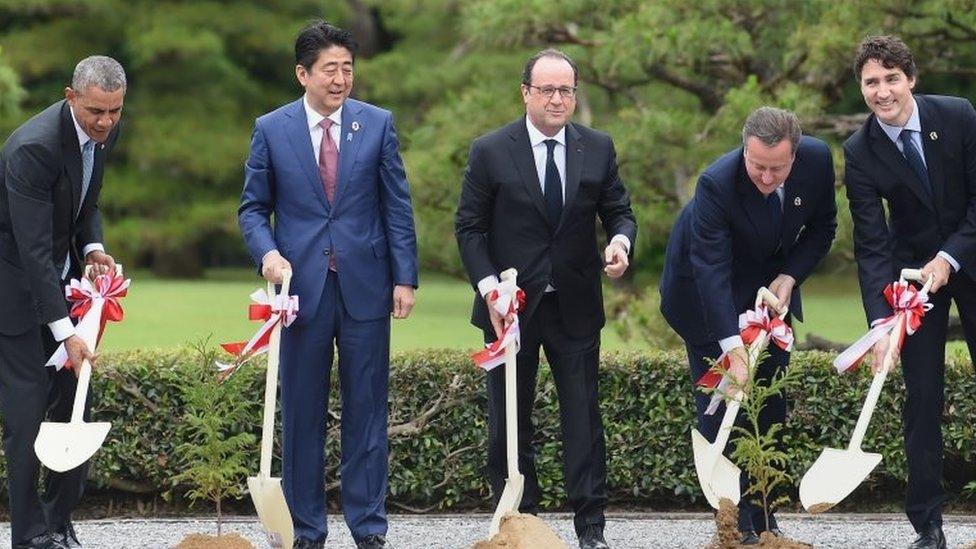
The leaders took part in a planting ceremony in the grounds of the shrine
Japanese PM Shinzo Abe has taken world leaders to the Shinto religion's holiest site, as the Group of Seven (G7) summit begins in the country.
Mr Abe said the visit was so that they could "understand the spirituality of Japanese people".
The two-day G7 meeting in Ise-Shima brings together industrialised nations.
On Friday, US President Barack Obama will visit Hiroshima - the site of the first atomic bomb - the first sitting US president to do so.
The visit to the shrine is controversial because critics say Mr Abe is catering to his conservative supporters who want to revive traditional values.

Ise shrine
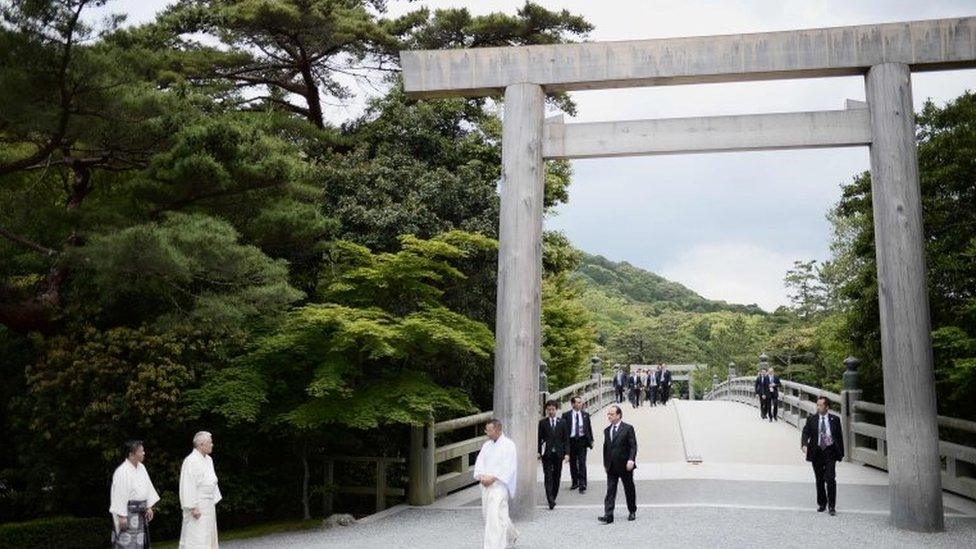
The shrine is 2,000 years old but in line with Shinto practice the buildings are taken down and reconstructed regularly.
Followers of Shintoism believe that everything - rocks, fire, trees, the sky - has its own spirit or god.
The sanctuary is dedicated to the sun goddess Amaterasu Omikami who is prominent in Japanese creation myths.

Top of the agenda for the G7 nations - the US, Canada, Britain, Italy, Germany, France and Japan - will be concerns over the health of the global economy.
Europe's refugee crisis will also feature prominently at the meeting. European Council President Donald Tusk said on Thursday he would ask the G7's support for more global aid for refugees.
"If we (G7) do not take the lead in managing this crisis, nobody would," Mr Tusk said to reporters.
Terrorism, cyber security and maritime security are also on the agenda.
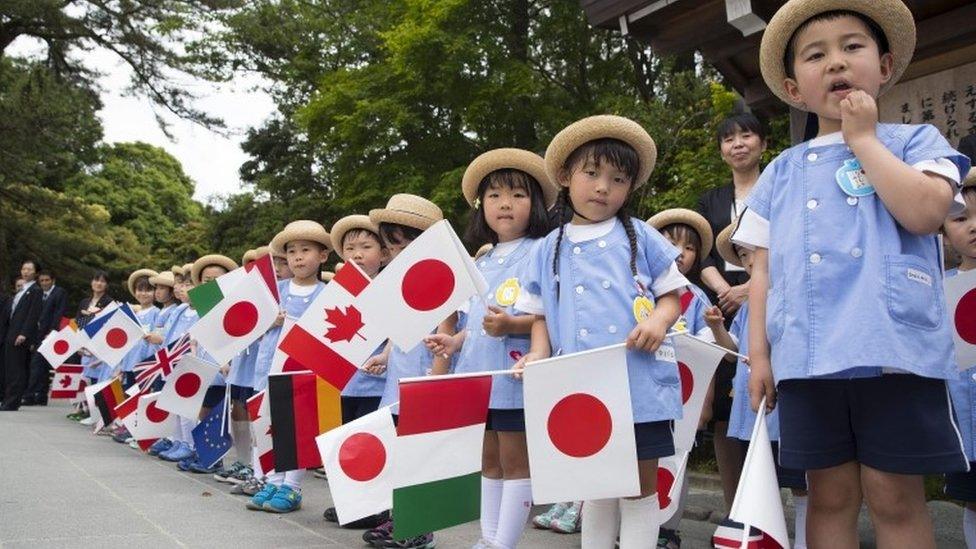
Schoolchildren welcomed the leaders to the Shinto shrine
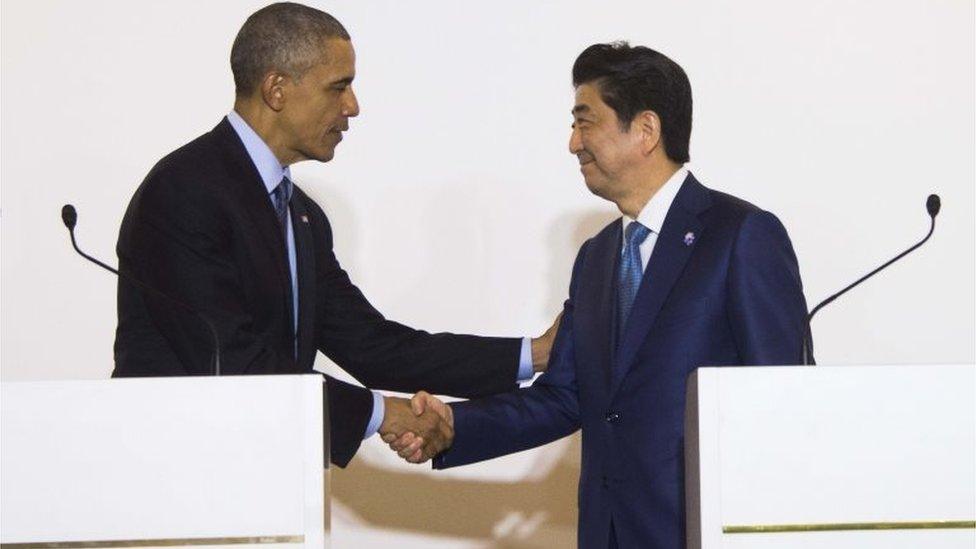
Mr Obama has previously said there would be no apology for the dropping of the world's first atomic bomb in Hiroshima
Filmmaker Barry Frechette has told Shigeaki Mori's story in the film Paper Lanterns
On Wednesday, Mr Obama and Mr Abe met for talks where the US president expressed regret over the arrest of a US military base worker in Okinawa in connection with the death of a local woman.
Mr Obama also mentioned his upcoming visit to Hiroshima, saying it would "honour all those who were lost in World War Two and reaffirm our shared vision of a world without nuclear weapons, as well as highlight the extraordinary alliance that we have been able to forge over these many decades".
He has previously said he would not be apologising for the dropping of the bomb by the US.
- Published26 May 2016
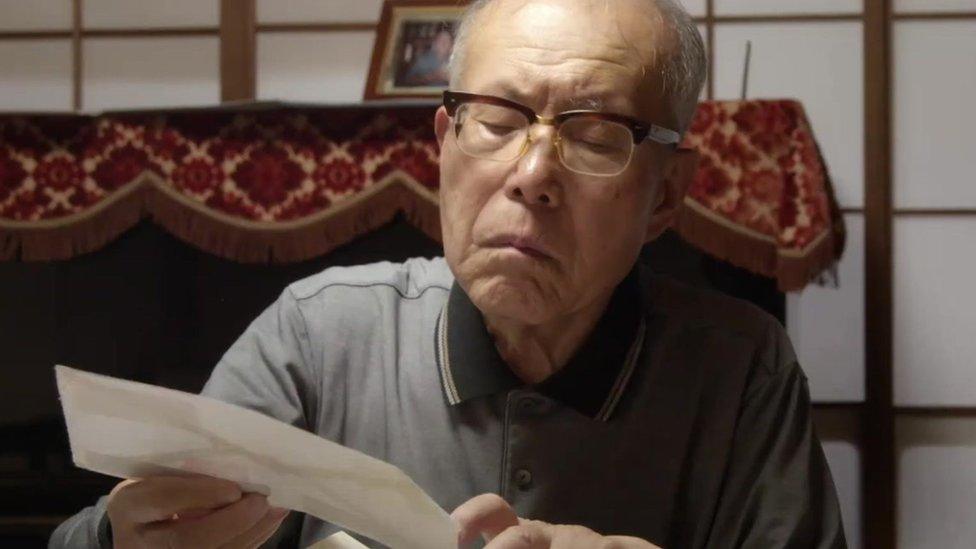
- Published24 May 2016
- Published7 June 2015
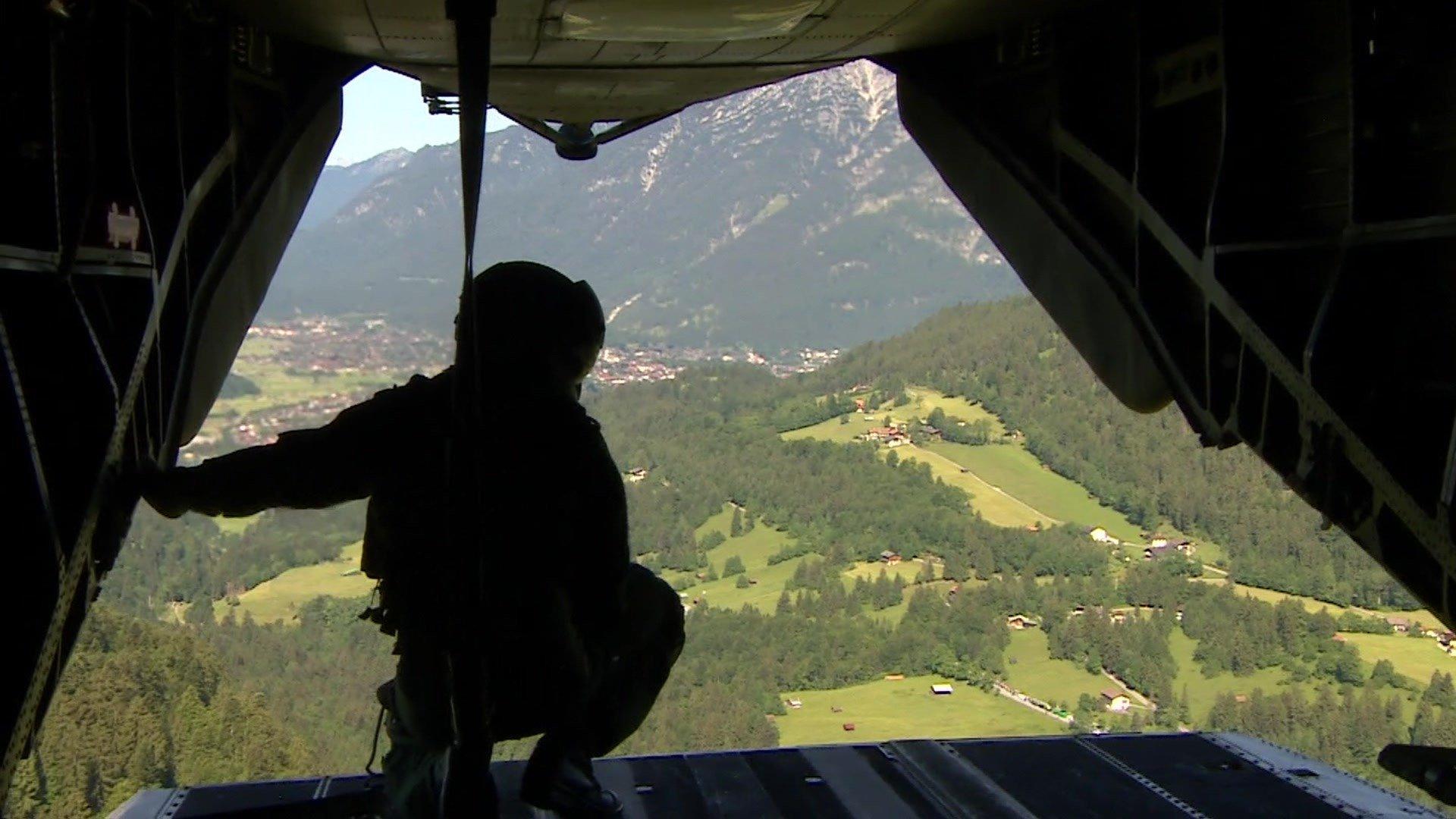
- Published25 May 2016
- Published7 July 2023
